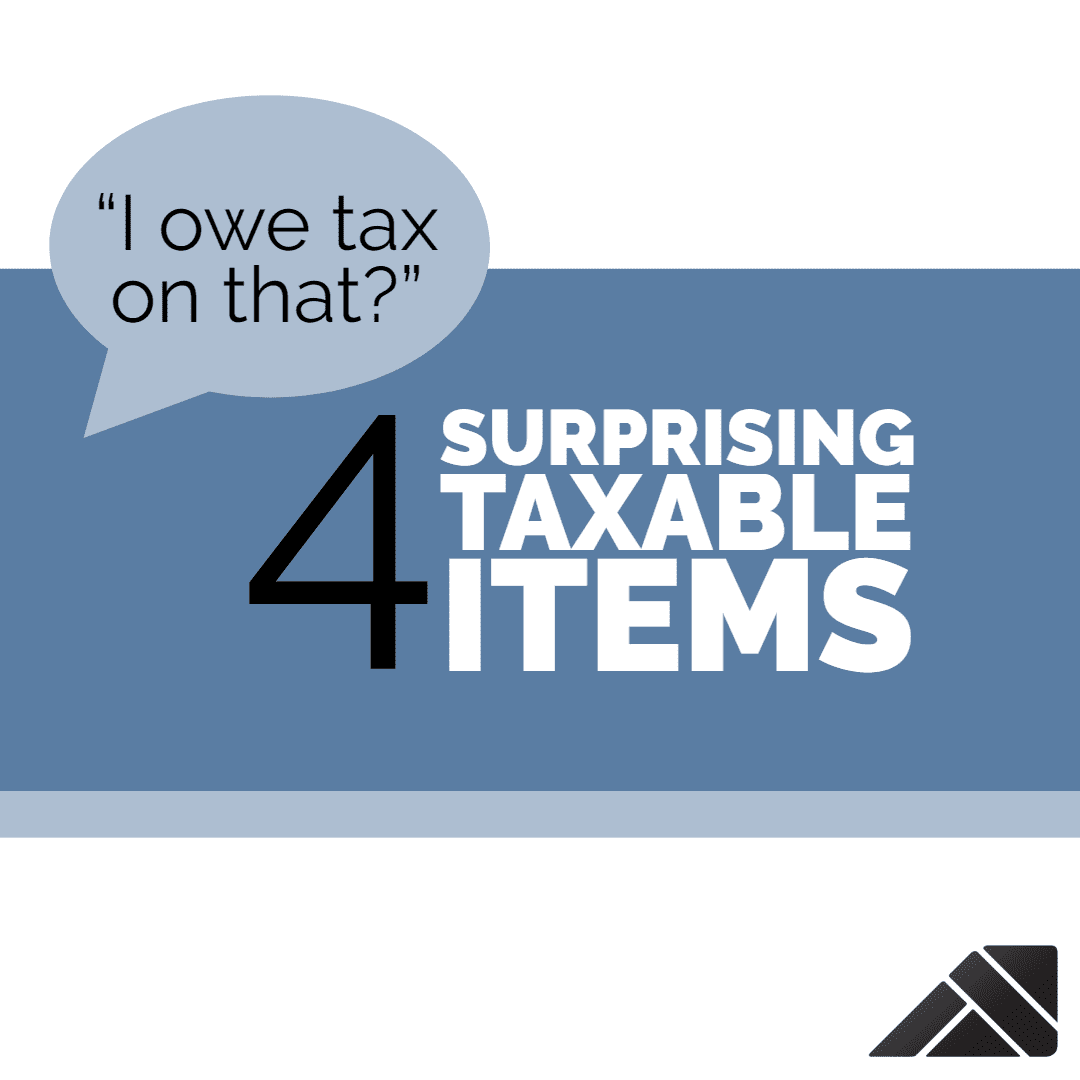Gambling Winnings Subject To Self Employment Tax
All income is taxable and gambling winnings are considered income. They apply even if you aren’t a professional gambler. If you win money from lotteries, raffles, horse races, or casinos – that money is subject to income tax. When you win, the entity paying you will issue you a Form W2-G, Certain Gambling Winnings, if the win is large enough. Fortunately for you, Gambling winnings are not subject to Self-employment taxes despite being reported on Form 1099. They are subject to ordinary income tax and added to your regular income as miscellaneous income not subject to Self Employment taxes. Don't forget to deduct to your gambling losses on Scheduel A. Since gambling winnings are normally considered miscellaneous income for casual gamblers, they are not subject to self-employment tax. However, professional gamblers do incur self-employment tax on a gambler tax return. For additional information, see IRS Chief Counsel Memorandum on Professional Gambler’s Wagering Losses and Business Expenses.
- Gambling Winnings Subject To Self Employment Tax Calculator
- Are Lottery Winnings Subject To Self Employment Tax


The following types of earnings income (or losses) do not countas earnings from employment or self-employment under the earningstest:
Any income from employment or self-employment earnedin or after the month the individual turns FRA;
Any income from self-employment received in a taxableyear after the year the individual becomes entitled to benefits.Such income must not be attributable to services performed afterthe first month of entitlement to benefits;
Note: This income is excluded from grossincome only for purposes of the earnings test.
Damages, attorneys' fees, interest, or penalties paid under court judgment or by compromise settlement with the employerbased on a wage claim;
Note: Any back pay recovered in a wageclaim does count for the earnings test.
Payments to secure release of an unexpired contractof employment;
Certain payments made under a plan or system established for making payments because of the employee's sickness or accident disability, medical or hospitalization expenses, or death (see §1311);
Payments from certain trust funds that are exemptfrom income tax (see §1314);
Payments from certain annuity plans that are exemptfrom income tax (see §1316);
Pensions and retirement pay;
Sick pay if paid more than six months after the monththe employee last worked;
Payments-in-kind for domestic service in the employer's private home for:
Agricultural labor;
Work not in the course of the employer's trade or business; or
The value of meals and lodging furnished under certain conditions;
Rentals from real estate that cannot be counted in earnings from self-employment. For instance, the beneficiary didnot materially participate in production work on the farm, the beneficiarywas not a real estate dealer, etc.;
Interest and dividends from stocks and bonds (unlessthey are received by a dealer in securities in the course of business);
Gain or loss from the sale of capital assets, or sale, exchange, or conversion of other property that is not stock in tradenor considered inventory;
Net operating loss carry-over resulting from self-employmentactivities;
Loans received by employees unless the employees repaythe loans by their work;
Workers' compensation and unemployment compensation benefits and strike benefits;
Veterans' training pay or allowance;
Pay for jury duty;
Payments for achievement awards, length of serviceawards, hobbies or prize winnings from contests, unless the personenters contests as a trade or business;
Tips paid to an employee that are less than $20 amonth or are not paid in cash (see §1329);
Payments by an employer that are reimbursement specificallyfor travel expenses of the employee and are so identified by theemployer at the time of payment;
Payments to an employee as reimbursement or allowancefor moving expenses, if they are not counted as wages for SocialSecurity purposes (see §1333);
Royalties received in or after the year a person turns FRA. The royalties must flow from property created by the person'sown personal efforts that he or she copyrighted or patented beforethe taxable year in which he or she turned FRA;
Note: These royalties are excluded fromgross income from self-employment only for purposes of the earningstest.
Retirement payments received by a retired partnerfrom a partnership provided certain conditions are met (see §1203);
Certain payments or series of payments paid by anemployer to an employee or an employee's dependents on or after theemployment relationship has ended due to:
Death;
Retirement for disability; or
Retirement for age.
The payments are made under a plan established by the employer(see §1319); and
Payments from Individual Retirement Accounts (IRA's)and Keogh Plans (see §1338).
Gambling Winnings Subject To Self Employment Tax Calculator

Are Lottery Winnings Subject To Self Employment Tax
Last Revised: Aug. 27, 2009